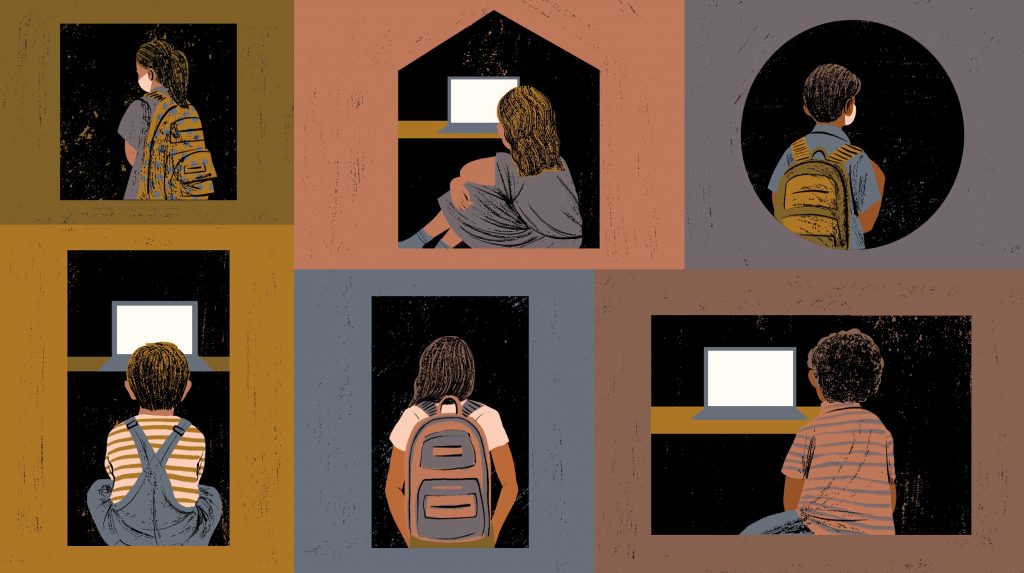

Shinde was working as an office boy in a company in Mumbai when he lost his job during the lockdown as the company had down its shutters. The 40-year-old, a father of two, started doing odd jobs to support his family, but the money that came in was not enough to educate his two children. He had to take his young daughter out of school. “I will only be able to afford to educate one child with this income. It has to be my son.”
Fifteen-year-old Anjali was brought up single-handedly by her mother. Her mother’s income was steady, and plans were in place for Anjali to pursue further education and eventually look at career opportunities. Unfortunately, during the height of the pandemic, her mother contracted COVID-19. The medical bills skyrocketed. With no additional source of income, Anjali had to reach out to distant relatives who offered her two options – take up a job in some retail outlet or get married when she turns 18. Education is no longer an option.
Prakash and Ravi’s parents were working as labourers in some construction sites in Mumbai. The boys were studying in a Municipal school. The family had to leave Mumbai during the COVID migration. With no means to return, they remain in a remote village with no access to the internet, no phones and no means to further their education.
According to a UNESCO report, about 248 million students have been deeply affected by school closures since March 2020. While school systems have made efforts to reach students at home through various means, the impact on the learning and socio-emotional well-being of the poorest children will be hurt the most by pandemic-related school closures.
The COVID-19 pandemic has snowballed into a sustainable development crisis worldwide, upping the percentage of poverty and unemployment to critical levels. With countries struggling to contain the epidemic, the pandemic threatens to reverse years of progress on poverty, hunger, healthcare and education. Corporates in India have to strike a balance between taking stock of emerging healthcare requirements and focus areas such as education. A majority of companies foresee a dedicated programme for COVID-19 in some capacity. The pandemic has led to companies pivoting their CSR priorities to address more pertinent social issues caused by the pandemic.
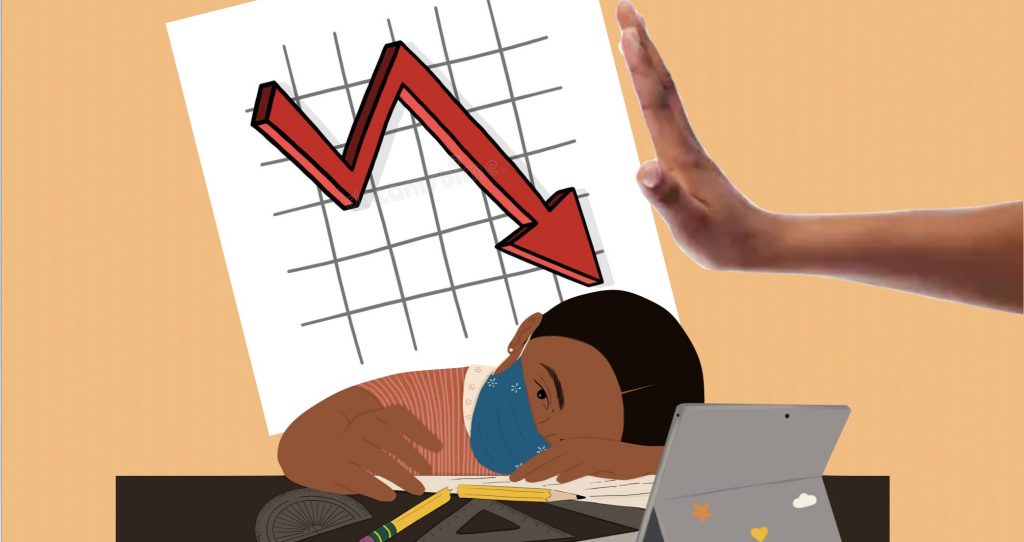 According to a UNESCO report, about 248 million students have been deeply affected by school closures since March 2020. While school systems have made efforts to reach students at home through various means, the impact on the learning and socio-emotional well-being of the poorest children will be hurt the most by pandemic-related school closures.
According to a UNESCO report, about 248 million students have been deeply affected by school closures since March 2020. While school systems have made efforts to reach students at home through various means, the impact on the learning and socio-emotional well-being of the poorest children will be hurt the most by pandemic-related school closures.
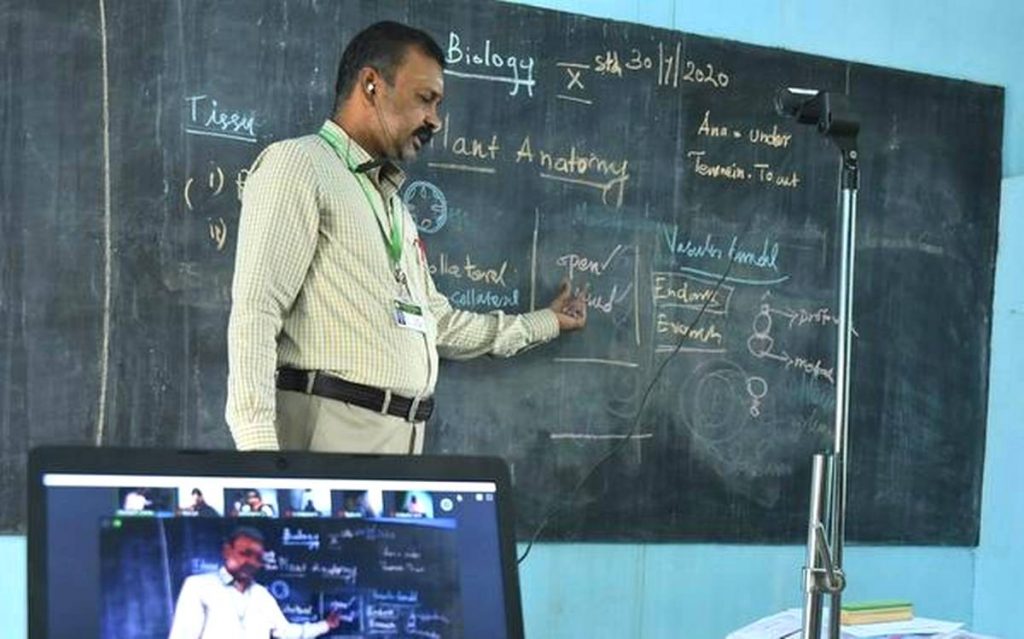 The use of technology in education for teaching and learning is paramount but, a dearth of access to smartphones and computers, low internet bandwidth, lack of preparedness of teachers in the use of technology, and lack of resources in Indian languages are some of the challenges hampering smooth online learning.
The use of technology in education for teaching and learning is paramount but, a dearth of access to smartphones and computers, low internet bandwidth, lack of preparedness of teachers in the use of technology, and lack of resources in Indian languages are some of the challenges hampering smooth online learning.
With job losses and economic uncertainty in cities, people fled to their villages, pushing families into poverty, worsening distress for children from such woes as malnutrition, loss of education, and early marriages for girls.
The worst-hit were private schools that receive no government grants but where many low-income families, aspiring for better education, send their children. With the loss of income, these parents found themselves unable to pay school fees. This inability to afford school fees led many students to move from private to government schools. Attrition by students impacted the finances of these schools, leading to non-payment of salary to the teachers, and in some cases, led to these schools and institutions closing down.
According to official data, Indian companies have spent at least Rs 2,669 Crores of CSR funds in the education sector in 2019-20. Issues and challenges facing education are going through multiple storms. The pandemic will have a long-reaching impact for years to come – an impact that will need to be researched and addressed at the root level.
Educated parents supported their children throughout the pandemic. The challenge has been for illiterate parents whose children are first-generation learners.
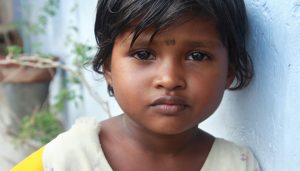 Some students attend school so they can partake in the mid-day meals. The Mid-day Meal Scheme has helped many children whose families are unable to provide them with proper nutrition. School closure meant that these children suffer even more from food deficiency and malnutrition during the pandemic.
Some students attend school so they can partake in the mid-day meals. The Mid-day Meal Scheme has helped many children whose families are unable to provide them with proper nutrition. School closure meant that these children suffer even more from food deficiency and malnutrition during the pandemic.
According to official data, Indian companies have spent at least Rs 2,669 Crores of CSR funds in the education sector in 2019-20. Issues and challenges facing education are going through multiple storms. The pandemic will have a long-reaching impact for years to come – an impact that will need to be researched and addressed at the root level. Education challenges are the least of the problems for many of the worst affected. Crossing income barriers, the pandemic has converted those who were relatively well-off to dire straits. The challenges faced by these children and their families are going to be tough to address.
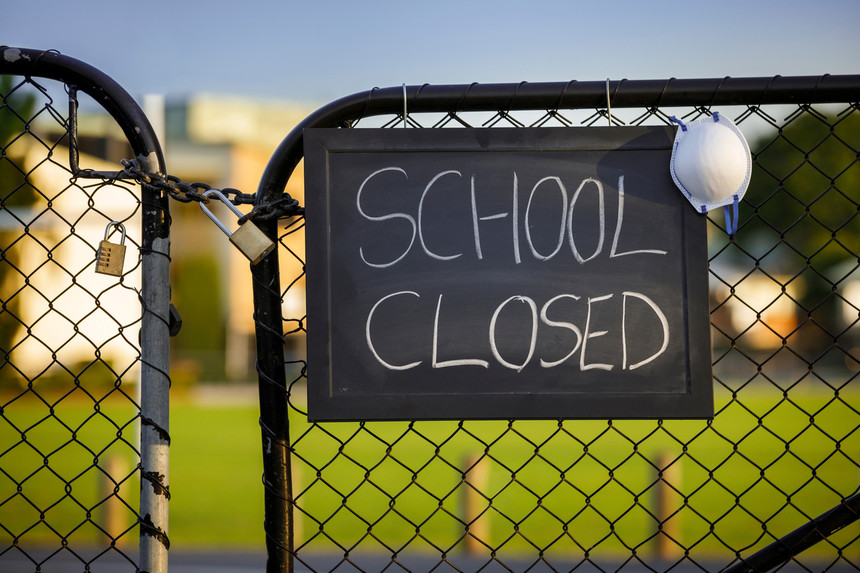
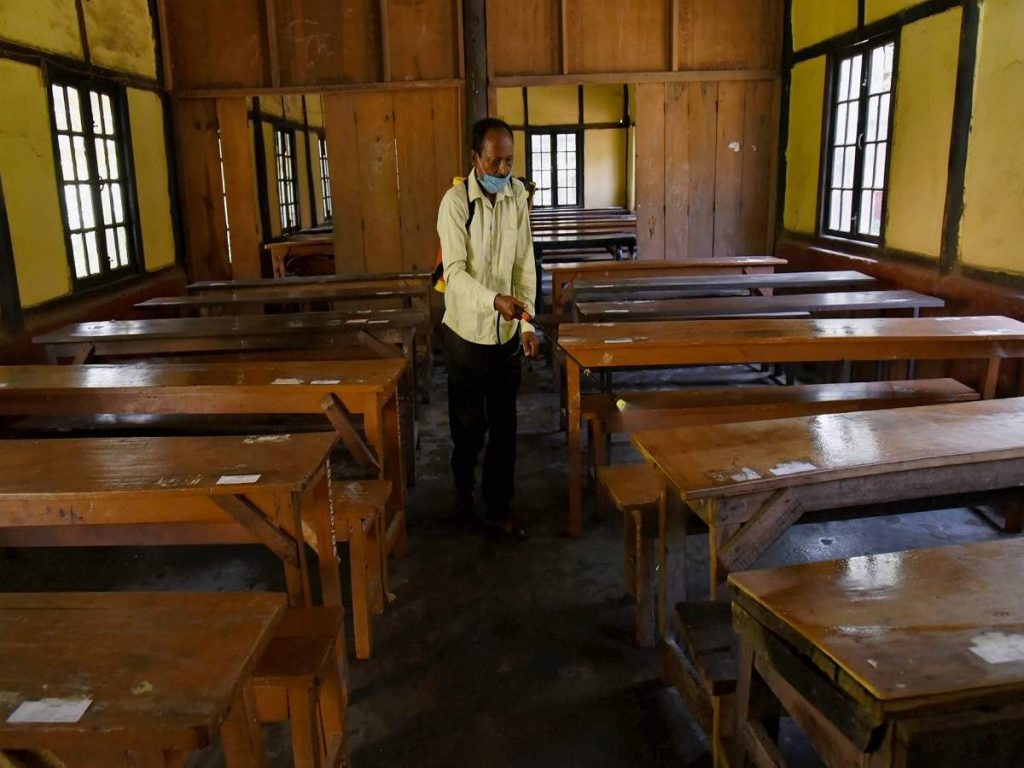
|
|
As the country is limping towards normalcy, the new normal has left behind severe social scars.
Are the CSR programmes gearing to address these challenges? What are the new parameters of whom to help and how, for education?
These are answers that time will reveal. For now, CSR professionals need to remember to look at education from a different lens.
Meera Tenguria is a Stakeholder Engagement Strategist and Trainer with over 20 years of experience in Corporate Communications, Crisis Communications, Stakeholder Communications, Content Strategy, Sustainability and CSR Communication. She has completed a GRI Certified Training programme on The Global Reporting Initiative (GRI).


